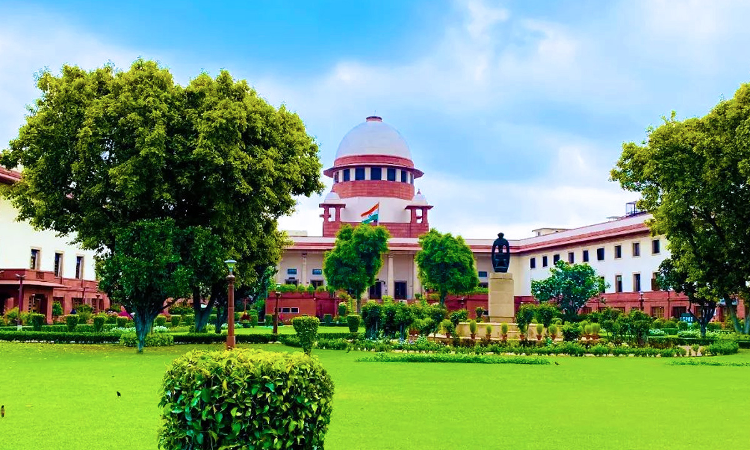Supreme Court Agrees To Hear Petitions Challenging State Laws On Religious Conversion
Sohini Chowdhury
22 Nov 2022 9:42 PM IST

Next Story
22 Nov 2022 9:42 PM IST
The Supreme Court, on Tuesday, agreed to hear the petitions challenging the Freedom of Religious Acts introduced by some States Legislatures in the name of 'love jihad' against religious conversions for the sake of marriages.Senior Advocate, Mr. C.U. Singh, appearing on behalf of social activist Teesta Setalvad's NGO 'Citizens for Justice and Peace', one of the petitioners, mentioned the...
